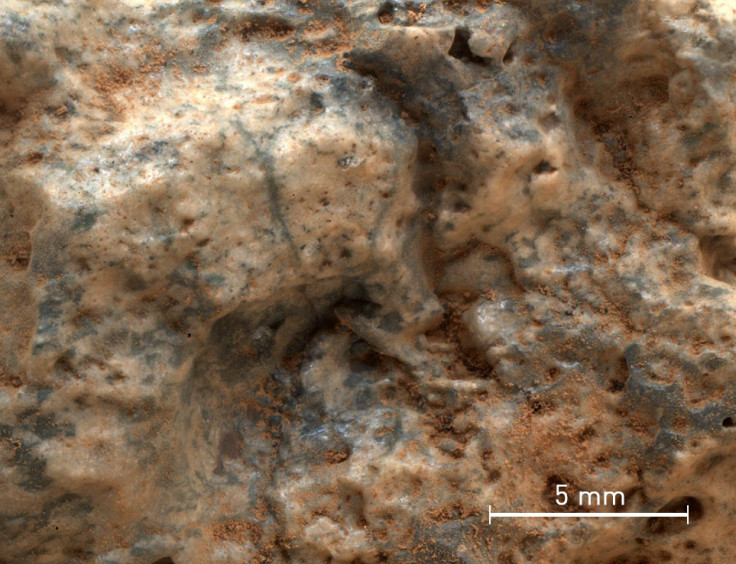Nasa Curiosity rover discovers evidence of continental crust on Mars

Evidence that Mars had a continental crust similar to that on Earth has been detected by Nasa's Curiosity Rover.
Researchers from the Muséum d'Histoire Naturelle, Paris, said that while our understanding of the geological evolution of Mars has improved significantly in recent years, its earliest period of magmatism remains something of a mystery.
Continental crust was previously thought to be unique to Earth. It is believed to have come from complicated magmatic processes – possibly when plate tectonics first formed. Scientists had thought similar magmatic processes did not take place on Mars, meaning it should mainly consist of basalts.
However, the team led by Violaine Sautter, analysed geochemical data from 22 rock samples and found light coloured rocks that are rich in silica, with some having a composition similar to Earth's oldest preserved continental materials.
These rocks were found to be widespread at the Curiosity landing site, suggesting ancient Mars may have been far more similar to ancient Earth than previously thought.
"The landing site of Nasa's Curiosity rover, Gale crater, which formed 3.61 billion years ago within older terrain, provides a window into this earliest igneous history," the team wrote in a study published in the journal Nature Geoscience.
"Our analysis reveals unexpected magmatic diversity and the widespread presence of silica- and feldspar-rich materials in the vicinity of the landing site at Gale crater. Combined with the identification of feldspar-rich rocks elsewhere and the low average density of the crust in the Martian southern hemisphere, we conclude that silica-rich magmatic rocks may constitute a significant fraction of ancient Martian crust and may be analogous to the earliest continental crust on Earth."
They said this primitive crust might have sank into a "hot and soft lithosphere", causing it to partially melt – but further research will be required to look at this hypothesis.
"Independently of their formation process, our data point to the possibility of generating 'continental' crust on Mars, making the early geologic history of Mars much more similar to that of the Earth than acknowledged at present," they conclude.
More about Mars
© Copyright IBTimes 2024. All rights reserved.






